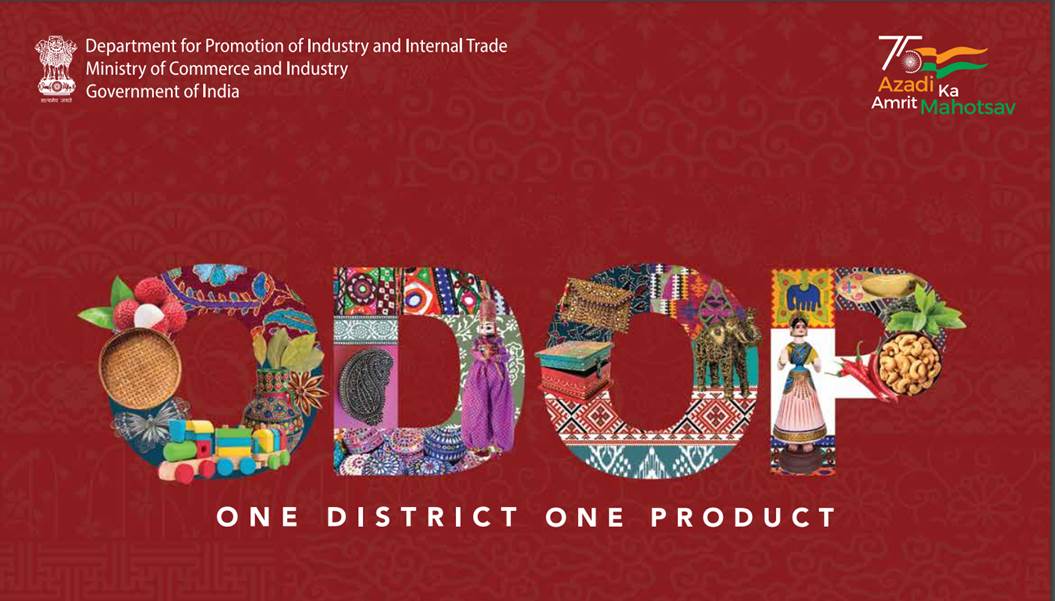Given the boom in the e-commerce sector, it is crucial for the Government to fram relevant laws that help in regulating the use of packaging and shipping materials.
E-commerce companies are one of the least studied and under-reported generators of plastic and non-plastic waste. In 2017, the US Environmental Protection Agency (EPA) conducted a study to estimate the environmental impact of online shopping in the US. To the dismay of the EPA and the American public in general, it emerged in the study that the US e-commerce packaging accounted for 30 per cent of solid waste generated in the country.
On the other hand, India’s burgeoning e-commerce packaging industry was worth $32 billion in 2015 and is expected to grow to about $73 billion by 2020.
Flipkart, for instance, does around eight million shipments every month. Given this scale of online shopping, it is surprising that there are no official estimates available nor studies conducted to assess the amount of e-commerce packaging or the disposal of waste, as no organisation has bothered to investigate the same. E-commerce packaging and the disposal of waste have huge environmental costs. This is due to multiple layers of packaging which are made of plastic, paper, bubble wrap, air packets, tape and cardboard cartons that accompany the usual online shopping product delivery.
While most of these packaging materials are recyclable, India’s abysmal record indicates that a large portion of these materials will end up clogging our drains and landfills. The problem of excessive packaging has been exacerbated due to the growth of priority customer services that place a premium on ultra-fast delivery which do not allow for consolidated delivery of packages. This is leading to multiple individually packed deliveries, thus increasing the generation of waste. In addition to increasing waste, the trend of excessive packaging is poised to cause considerable loss of forest cover, as wood pulp remains the main raw material for making packaging cardboard.
For instance, around 85 million packages are shipped in India each year, and the cardboard used would roughly equate to more than 70 million trees being chopped. Moreover, the toxic chemicals used in the production of these packaging materials are bound to affect human health as they enter our food cycle.
Many e-commerce companies use a possible carcinogen called Styrofoam, which is used as a common filler. Long-term exposure to even small quantities of Styrofoam can cause fatigue, nervousness and sleep disorders. Vinyl chloride, which is used to manufacture PVC, can severely impact the central nervous system, causing headache and dizziness. Long-term exposure to vinyl chloride can result in cancer and liver damage. Yet, the Government is not doing enough to undertake the required studies to establish this link and then take corrective measures.
Given the booming e-commerce activity, the Government must frame laws that can govern and regulate the most sensitive parts of the e-commerce process, such as e-commerce packaging. At present, there is no law in India that regulates e-commerce packaging. It is clear that there is an urgent need for the creation and stringent implementation of the same. Such a law must be grounded in the doctrine of Extended Producer Responsibility, which mandates that the producer of the waste shall be responsible for its end-of-life recycling and disposal. The EPR doctrine is a proven doctrine that has resulted in some of the highest recycling rates in the world.
The Solid Waste Management Rules, 2016, state that producers of packaging products, such as plastic and corrugated boxes, must take up the responsibility of collection, recycling and disposal of such waste in accordance with environmentally sound principles. Further, the Plastic Waste Management Rules, 2018, place the responsibility of recycling and collection of plastic waste on the producers, importers and brand owners who introduce the material in the market.
Any law that aims to regulate e-commerce packaging must address critical issues. First, standard packaging rules akin to those Legal Metrology (Packaged Commodities) Rules, 2011, must be framed and enforced. Second, the law must regulate the method and materials used for e-commerce packaging based on scientific and environmentally sound principles. Companies must invest in smaller and more sustainable, environment-friendly packaging. This will automatically reduce packaging volumes as well as costs.
At the same time, e-commerce companies must factor in three different aspects of sustainability to ensure sustainable packaging — those of reduction in the amount of packaging materials used; increase in the recyclability of the packaging materials; and increase in the use of recycled packaging materials. They should also explore the possibility of implementing buy-back policies, or even provide customers with the choice to choose more sustainable methods of packaging. A carefully drafted law and genuine cooperation among stakeholders, including e-commerce companies, consumers and local municipalities can ensure that the law is successfully implemented. The recent extension of Maharashtra’s plastic ban to e-commerce companies is a welcome step and one whose implementation could hold valuable lessons for other States.
While it is understandable that sturdy packaging materials must be used to reduce damage to products in transit and during handling, but excessive use of plastic and other materials is environmentally unsustainable. Optimisation and innovation hold the key to a sustainable packaging revolution. Online shopping companies must also bring down their carbon signature, which is created by their humongous diesel guzzling transport fleet. Instead, the Government must set up regulations under which these companies must mandatorily use renewable energy-driven commercial vehicles to affect their deliveries. This will bring down the pollution levels.
(The writer is an environmental journalist)
Writer: Kota Sriraj
Courtesy: The Pioneer








 OpinionExpress.In
OpinionExpress.In















Comments (0)